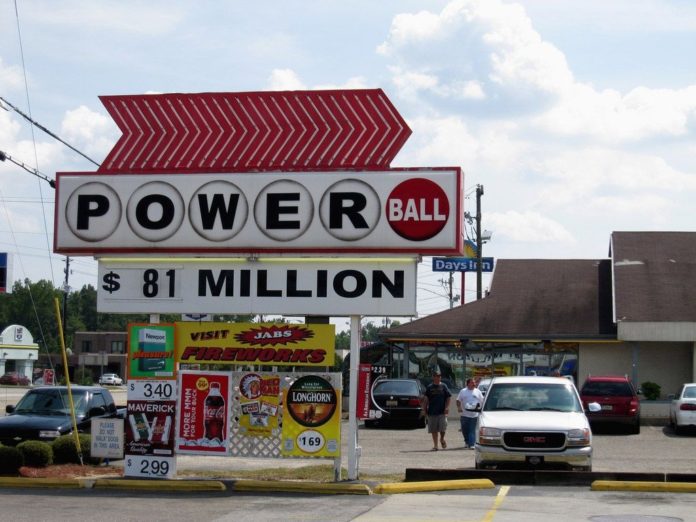The Powerball jackpot keeps growing, and so does the cut that would go to Uncle Sam if there is a winner for the now $1.5 billion Powerball jackpot on Wednesday.
All lottery winnings are subject to a 25 percent federal tax withholding. And that doesn’t include the taxes charged by most states, which could range from zero to almost 9 percent.
Let’s run through the numbers.
The total prize amount of $1.5 billion only really applies to people who choose to receive the cash in equal payouts over a period of 30 years. Most people, however, choose to take a smaller lump sum payment, which in this case would mean a payout of $930 million, before taxes, according to the website USAMega.com, which tracks multi-state lotteries.
After federal taxes are deducted, which would add up to about $232.5 million, the total prize is reduced to $697.5 million. Then there are state taxes to think about, which vary based on where the winning ticket is purchased. Some states charge taxes on lottery winnings for both residents and non residents and others only charge residents.
The worst state to win the lottery in is New York, where residents would be subject to a state tax of 8.82 percent. That would bring the cash pile down to $615 million.
The state with the next highest lottery tax bill is Maryland, where the state withholds is 8.75 percent for residents and 7 percent for non-Maryland residents. Those winners would be left with $616 million and $628 million, respectively. The tax bill in Washington, D.C., is nearly as large, bringing the prize down to $618 million. The tax rate of neighboring state Virginia is a little less, however, leaving the prize at about $660 million.
Winners in some other areas could walk away with a bigger share of the winnings. Ten states, along with Puerto Rico and the U.S. Virgin Islands, don’t charge any state taxes on lottery winnings: California, Delaware, Florida, New Hampshire, Pennsylvania, South Dakota, Tennessee, Texas, Washington and Wyoming. Those winners would end up with a pot of about $697.5 million.
A person’s final tax bill may vary depending on their situation. Lottery winnings are taxed as ordinary income, and a prize of this size would be subject to the top tax bracket of 39.6 percent. (And as USAMega notes, people who make large donations to charity, a move that can lead to some tax breaks, may face a different tax bill in the end than someone who uses the money to splurge on cars and houses, which can generate additional tax bills.) Plus, these figures don’t even include the local taxes winners could face in various municipalities.
Of course, the numbers only apply if one person wins the whole jackpot. Chances of winning the grand prize are pretty slim: about is 1 in 292 million, according to lottery officials. If you get lucky, take the time to find some professional tax help for guidance on how to reduce the tax blow. And be careful not to burn through the cash too quickly.






